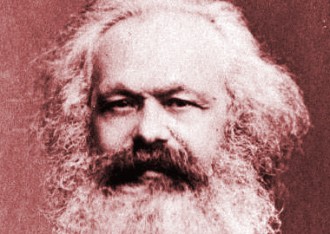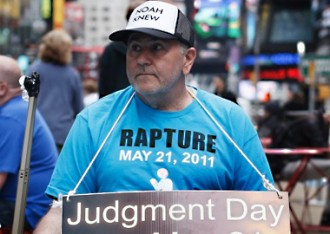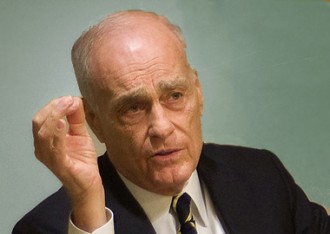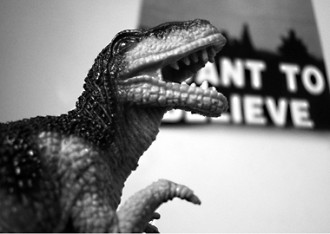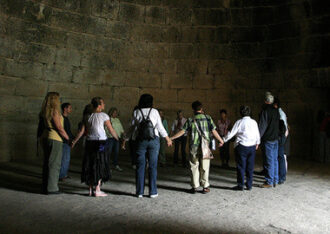
Do Atheists Belong in the Interfaith Movement?
The atheist and the interfaith movements actually share a common point of origin: they both started, in part, as a reaction to religious extremism. Much like the atheist movement, the interfaith movement seeks to build inter-group understanding, encourage critical thinking, and end religiously-based sociological and political exclusivism. The fundamental misunderstanding that many atheists have is that they imagine the interfaith movement as disinterested in combating religious totalitarianism and solely existing to maintain religious privilege—as an excuse to show that religion, in its many diverse forms, has a monopoly on morality—but that couldn’t be further from the truth.
Read More

